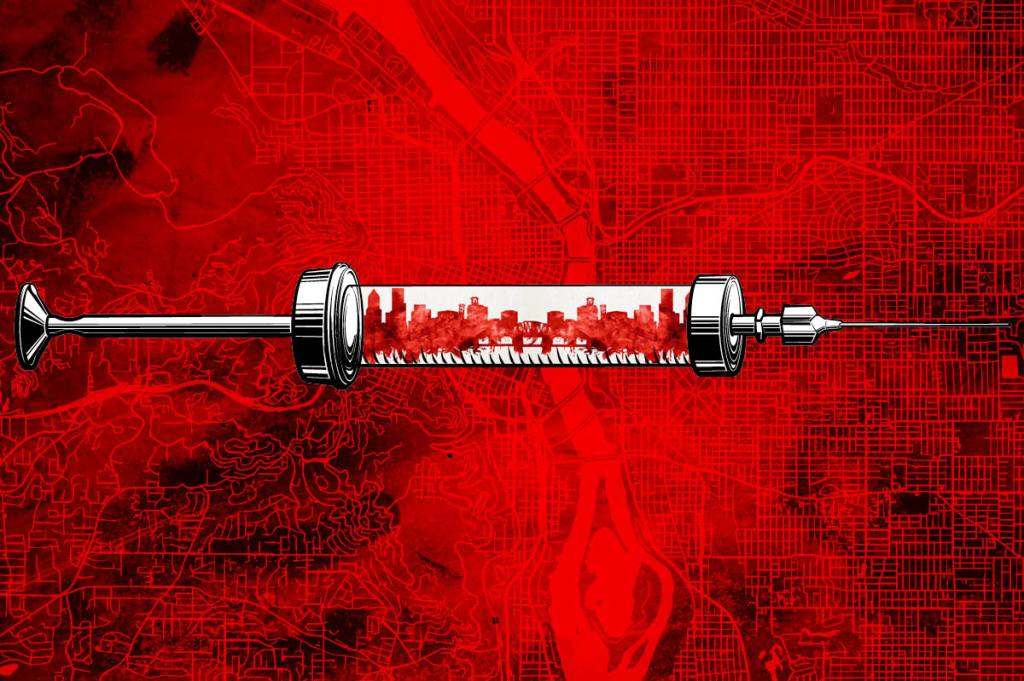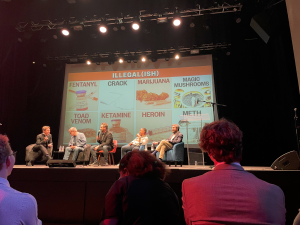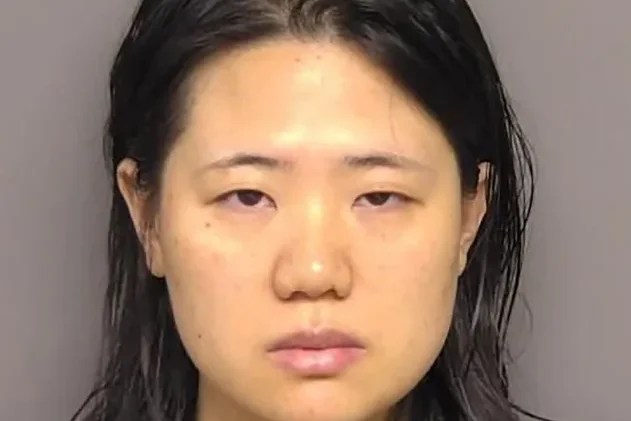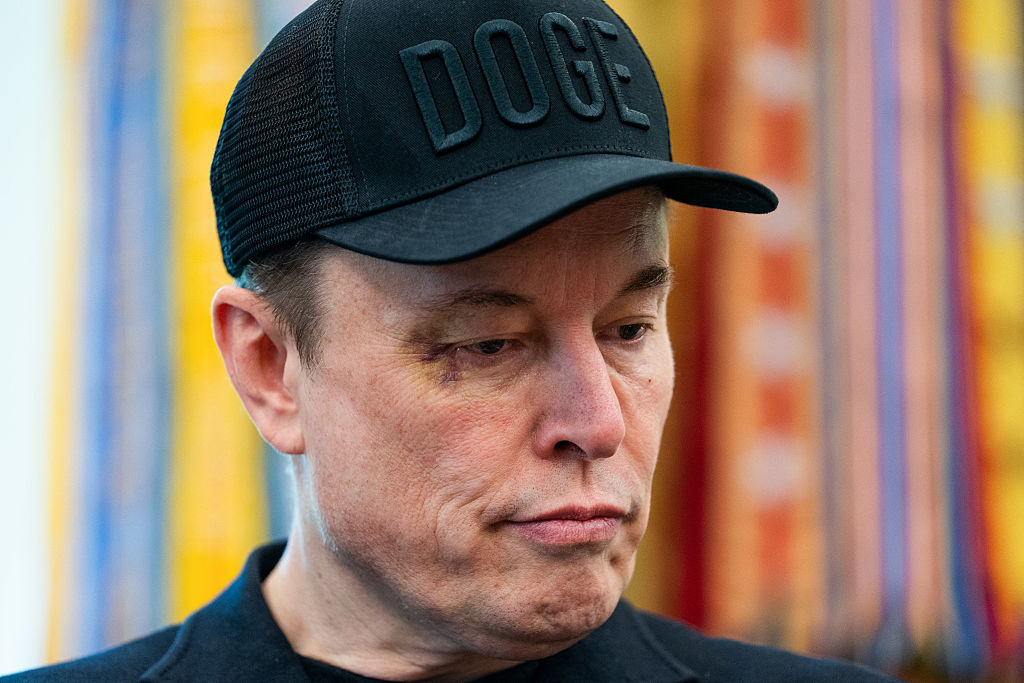In November 2020, Oregon passed Measure 110, decriminalizing non-commercial drug possession. The state also significantly increased funding for recovery and harm reduction programs. It sounded like a great plan to voters, so it passed with 60 percent approval.
The deadliest, most addictive drug in history was introduced to a vulnerable population just as the state decriminalized drugs
What has occurred though over the last three years is nothing short of tragic. When Measure 110 passed, fentanyl was starting to take over our streets. For homeless addicts it began as a general curiosity, which quickly devolved into the widespread use of the deadliest drug in history. Fentanyl is fifty times stronger than heroin, and with two major competing cartels (China and Mexico), the price has now dropped to an all-time low. Three years ago, a blue fentanyl pill cost about $6-7. That has now dropped to $1-2. Due to its addictive properties, low cost, and the fact that almost all other street drugs are laced with it, nearly all street-level addicts are using fentanyl — whether they want to or not. This is what has turned the city of Portland into the largest open-air drug zone in state history.
As for the promised recovery programs, it took thirty-four months for the first medical detox facility to open with Measure 110 money, and in that time, we have had a record number of overdoses and deaths that have increased each year since the measure passed.
Despite the lack of new infrastructure, there have been empty beds in these detox facilities from day one, because Portland does not have enough outreach teams to find people to fill them. I have talked to and interviewed hundreds of homeless people in the last year, and over 90 percent tell me they have never been approached by an outreach worker offering services. So what we have is the deadliest, most addictive drug in history introduced to a vulnerable population who lack rational thinking and critical thought just as the state passed the decriminalization of drugs. Add to that virtually no outreach teams to find and help these individuals — except for harm reduction workers, who give addicts the tools to continue to use — and we ended up with the perfect storm.
I have been doing street homeless outreach for over thirty years in Portland, Oregon, and by 2020, I thought I had seen everything. But I have never witnessed anything like what takes place on our streets daily. I have found more dead people and seen more overdoses this year than in all the other years of my working and volunteering combined. A homeless woman I interviewed a few months ago while working on a project with local photographer Tara Faul told us Portland had become a “demonic hellhole.” She told us she has had an opioid addiction since she was fourteen years old and has been on and off the streets ever since. She said at night, she hears “screams and screeches that don’t sound human.”
A handful of us over the last three years have been very vocal about the negative consequences of decriminalizing drugs. PDX Real, run by Angela Todd and Jeff Church, is one of the loudest and most influential voices who have successfully changed people’s minds and helped move the needle. Many though were surprised when Governor Kotek, an early supporter of Measure 110, recently said, “When it comes to open-air drug use, nobody wants to see that,” and said she now supports a ban on public drug use and wants to give additional resources to law enforcement. This is a huge step forward and I commend her for saying it. Not everyone, though, is happy she has taken this stance. One supporter of Measure 110 said Kotek’s reforms would push people back into the shadows and “people will die because of this.” The reality though is that people are already dying now and in record numbers.
Homelessness and addiction should never have become a political issue. They affect all walks of life and do not care who or what you believe in. Oregon must speed up building additional recovery-type programmes and significantly increase outreach to find the people who cannot find us.
The decriminalization of drugs is a complex issue and has divided our community because both sides have points of views with valid arguments. If we can set aside our differences and work together, I am cautiously optimistic we can end this crisis, restore our communities and save countless lives.
This article was originally published on The Spectator’s UK website.


























Leave a Reply